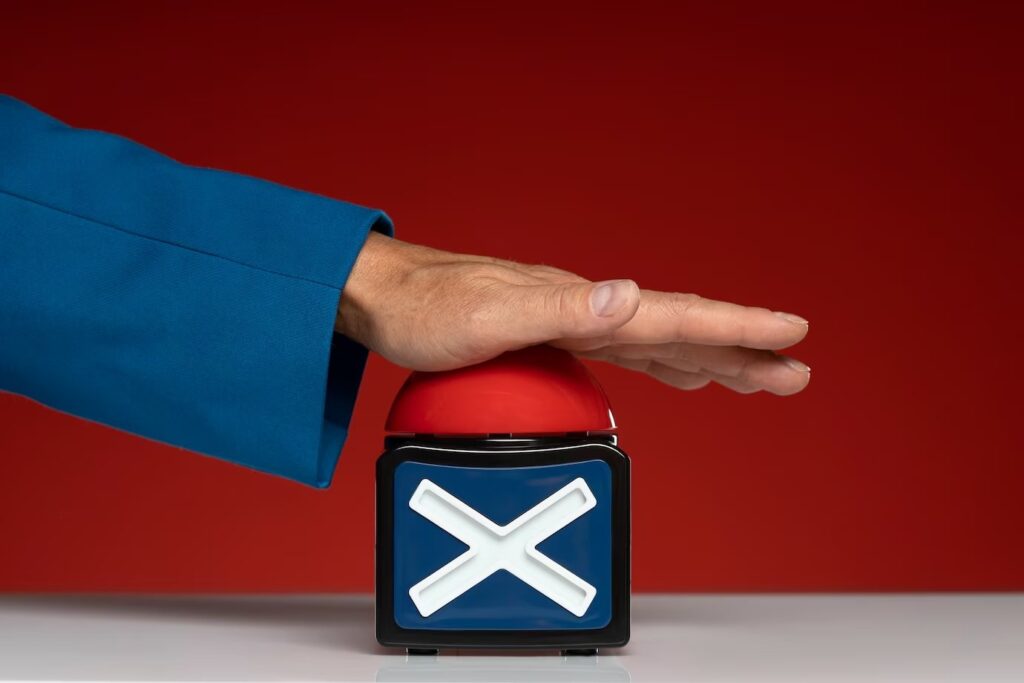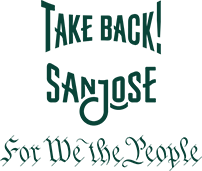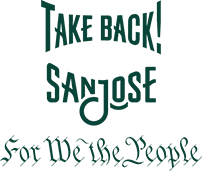
Image by Freepik
SJ CM David Cohen revealed a lack of understanding of the nature of democracy on 8.27 when he equated democracy with majority rule, as part of his misguided defense of Proposition 5 (which would lower the long-held threshold for new local taxes from 66% to 55%.). Majority rule does not equate to a democratic society—as historians and political scientists readily attest. Paul Woodruff at the Oxford University Press sets Cohen straight with the following essay.
A group of partisans burst into the Council Chamber and summarily killed the leaders of the opposing party, which represented the majority. The year was 427 BCE and the place was Corcyra, modern Corfu. The parties were divided over whether the Demos—the people–or the Oligoi—the wealthy few—should rule, as well as over specific issues of justice and foreign relations.
Our source for this, Thucydides, wrote that the cause of the civil war was “the desire to rule out of avarice and ambition.” Both sides plunged into atrocities as civil war spread out and continued to flame until the leaders of the Oligoi had all been slaughtered. Civil war is a colossal failure of democracy.Sign up to receive updates on Opp Now articles. Click HERE.
What is democracy? Pundits have been writing recently that democracy is majority rule, but that is wrong, dangerously wrong. Corcyra came apart because the majority was using legal machinery to abuse its wealthy opponents, the Oligoi. And those opponents saw no way apart from violence to defend their interests. Majority rule was ultimately to blame for this civil war.
Democracy is rule by the people and for the people. The majority is not the people. We cannot say this too often: rule by the majority is not rule by the people. For the people to rule, they need to meet a number of conditions. Of these, the rule of law stands out, because it is the rule of law that stands between democracy and the tyranny of the majority. Minorities must be included in the people, and so the law must give them ways to defend their interests. Beyond law, the culture of a democracy must be inclusive.
What is essential for a culture to be friendly to democracy? I have already mentioned the rule of law. Also important is a concept of the people as a people. For the people to rule, and to do so in their interests as a people, they must think of themselves as a people.
The Athenians had the advantage of a shared history, a shared religion, and shared civic rituals. We Americans have a shared history (up to a point) and a few shared rituals (such as watching football). But our racial divide has left us with different histories and, for many of us, a fractured sense of what it is to be American. Our greatest challenge is this: to develop a widely shared sense of what it is to be we the people.
We have other challenges. Systemic inequality is not compatible with democracy. We are beset by vast inequalities of wealth and opportunity, as well as by inequalities in basic needs such as housing and health care. Our system of education fails to prepare many of our young people for meaningful lives. And I believe our education fails altogether to give Americans an understanding of the various forms that democracy can take—most of which are superior to the form available under our deeply flawed constitution.
No form of government is perfectly democratic in practice. Democracy is an ideal, a dream we should try to make real. In my book on democracy, I concluded by asking whether we Americans were ready for democracy. I concluded, sadly, that we were not. That was in 2004. Where are we now? Are we any more ready for democracy than we were then? Or is the danger of failure greater now?
Paul Woodruff is the former Darrell K. Royal Regents Professor in Ethics at the University of Texas at Austin. He is the author of First Democracy, the Challenge of an Ancient Idea (OUP 2005), Reverence (OUP 2014), and The Garden of Leaders (OUP 2019).
Read the whole thing here.
{Editors’ note: Cohen’s full comment at 8.27 Council meeting, edited for clarity, reads below:
Proposition 5 is really important to make sure that we revert back to local control over funding decisions. The state constitution prevents a majority of local voters from investing in their infrastructure. We have conversations about parks and bonds and how hard it is to get them to pass even if a majority wants them to pass.
So in the spirit of local control, I believe the best form of local democracy is to let local voters make these decisions by a majority and to allow local voters to pass infrastructure measures by a 55% majority, just like school districts are allowed to pass bonds with 55% majorities. It is incredibly important and aligned with our values.}
Follow Opportunity Now on Twitter @svopportunity

